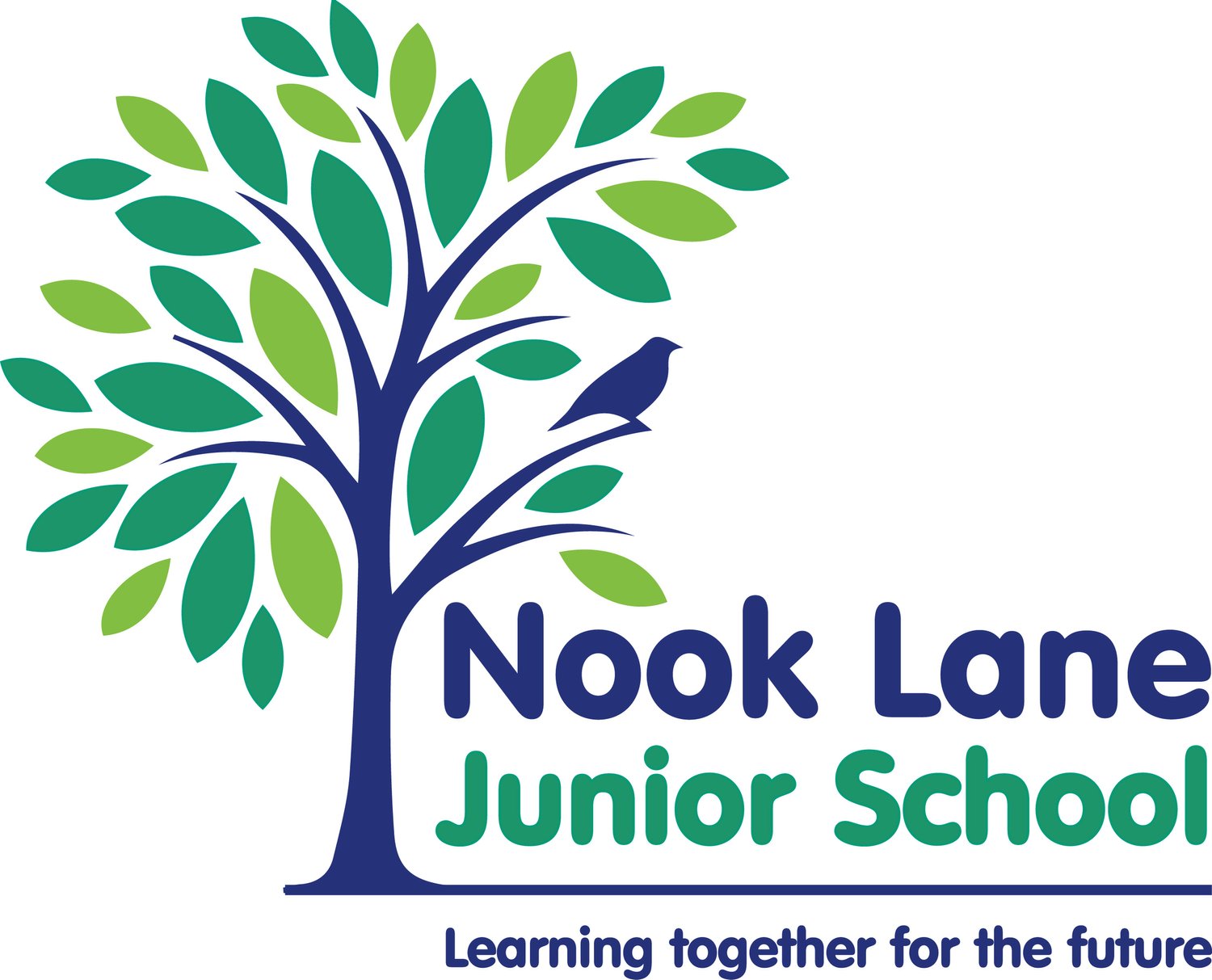
“Everyone should learn how to program a computer because it teaches you to think.”
- Steve Jobs
Computing vision
At Nook Lane Junior School, our aim is to teach and equip the children with the skills they need to meet to the demands of an ever-changing digital world. We want our children to become creators not just consumers. It is now very much a pivotal part of their world that we should equip them with all the skills to take full advantage of the technology at their disposal. A progressive, enjoyable curriculum provides relevance to their current interests whilst also an awareness of how technology is applied in the wider world.
Children are taught the fundamental computational skills of programming, including the writing of algorithms, decomposing problems, and debugging errors to achieve their objectives. We will strive to give them a varied diet of programming software in which they can apply these skills and encourage them to reflect on the school’s core values of perseverance and resilience when solving programming challenges. Our aim is to engage the children in the latest technologies and provide experiences which link to real life applications including the controlling physical devices. It is our intention the children should be mindful of their own well-being when using social media and how to be safe when using digital technology. They will develop an understanding of what is acceptable and unacceptable behaviour online and how to report their concerns. We will encourage a participation in the wider community and demonstrate how, through network technologies, this can bring communities closer together. There is always a choice when using technology and it is our intent to educate our pupils on how to use technology positively.
Building knowledge sequentially
Substantive knowledge in computing is understanding how to use technology, how to be safe and knowing how to program. This is developed at Nook Lane Junior School through deliberate practice and by children applying their knowledge of how to be computational thinkers.
“Computational thinking is an important life skill, which all pupils now need to develop. It is central to both living in and understanding our digitally enriched world. It is a cognitive process involving logical reasoning by which problems are solved across the whole curriculum and through life in general.” (Computing at School, 2015)
In order to develop as computational thinkers, children engage with computational concepts and approaches:
Approaches
Tinkering: experimenting and playing
Creating: designing and making
Debugging: fixing and finding errors
Persevering: keeping going
Collaborating: working together
Concepts
Logic: predicting and analysing
Algorithms: making steps and rules
Decomposition: breaking down into parts
Patterns: spotting and using similarities
Abstraction: removing unnecessary detail
Evaluation: making judgements
At Nook Lane, we develop children’s disciplinary knowledge in computing through the use and interpretation of substantive knowledge in order to develop original digital content and programs.
Making it stick!
To ensure knowledge ‘sticks’ and we develop children’s long-term memory, we endeavour to return to key computing concepts throughout different computing units. This revisiting of concepts such as ‘logic’ and ‘algorithms’ enables children to layer-up their understanding over time and gain a depth of understanding so they can build a deeper schema knowledge.
To enable children to demonstrate connected knowledge held in the long-term memory, children start computing lessons by completing flash backs; they also take part in low stakes quizzes which involve children recalling key knowledge from prior learning. As well as embedding key knowledge, this also helps teachers assess children’s learning and also identify any misconceptions.
Flashback
Low-stakes quizes
Computing overview of learning
Computing units have been mapped out across the year to ensure children cover the appropriate curriculum. Within our unit plans, computing knowledge and skills are mapped-out progressively within each year group ensuring that children make progress in their skillset year-on-year.
Computing Leadership
If you have any questions about our computing curriculum, please contact our computing leader, Mr Thornton.





